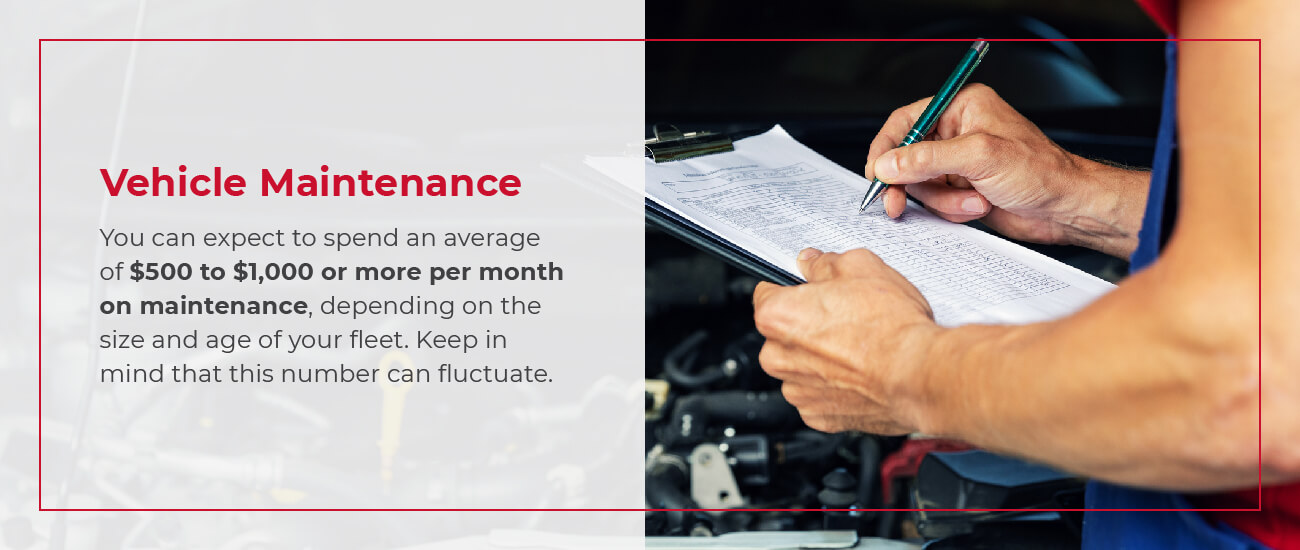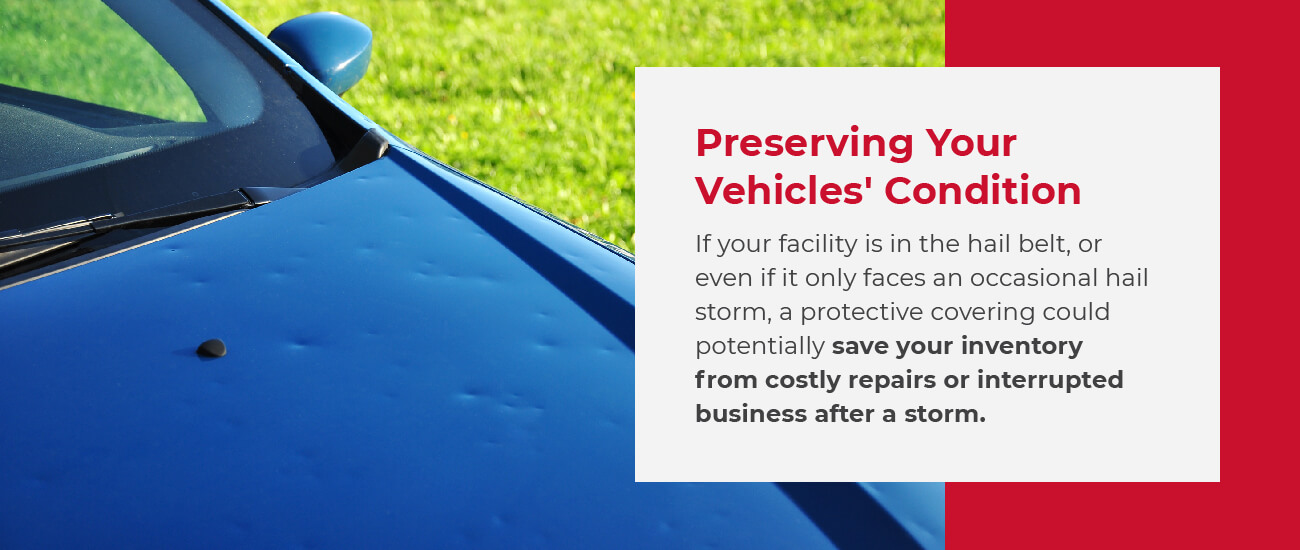Despite a year of setbacks, the car rental industry is poised for modest 9.9% growth in 2021, indicating a bounce-back as the world begins traveling again. Projections show an annual growth rate of 7% between 2019 and 2026, with the industry reaching a market volume of $111.6 billion by 2026. That’s good news for car rental businesses, as it means the market is ripe for finding new revenue opportunities and increasing profitability.
We’ve compiled some of our best tips for success to help rental companies carve out their piece of the growing car rental market.
Read the full article or jump to a specific section:
- How to Run a Successful Car Rental Company
- Costs With Running a Car Rental Facility
- Tips to Maximize Car Rental Profitability
How to Run a Successful Car Rental Company
It takes consistency, drive, and a little elbow grease to keep a car rental business running profitably and successfully. New and well-established rental car companies alike will find success by identifying target customers and tempting them with varied car options, an attractive rental contract, and a reasonable pricing model. And with a talented team and robust marketing strategy, the business will be ready for success.
Here are some crucial steps to success in this industry:
1. Choose a Target Customer Base
While it’s easy to dream big and imagine a business that every person in the area will frequent, most companies perform better when aiming for a particular customer segment. Tourists have different wants and needs from their car rentals than someone who needs a short-term rental while their car receives repairs.
Rental companies can effectively target multiple customer segments by building out their rental fleet and using the right marketing for each group. For example, a consolidated rent-a-car facility (CONRAC) in an airport parking lot will target tourists and business travelers who need short-term rentals. Still, it’s best to stick with a few types of car renters the facility can cater to exceptionally well.
By focusing on a definitive target market, the rental company will also be able to refine its rental contract, set a pricing scheme, and market the business in ways that work best for those specific customers. When customers feel like they can get all their needs met at the car rental service, they’re more likely to turn to it any time they need a rental.
Consider the most typical or most loyal customers, what they have in common, and what they expect from a rental company. When selecting a demographic, the company has to ensure it satisfies a significant market need in the area. Population statistics, tourism data, and other market research are invaluable tools for understanding the market. The customer groups may include:
- Tourists
- Business travelers
- Long-term renters and drivers seeking “mini-leases”
- Auto dealers and mechanics who provide loaner cars to their customers
- Short-term renters
2. Write a Rental Contract That Sufficiently Covers Liabilities
A car rental company will likely already have a rental contract that any renters must sign. To ensure the car rental company has the highest chance of success, it’s wise to periodically review the agreement and consider costs and customers’ expectations.
The company must have a rental agreement that limits liabilities while also appealing to customers. If the contract is more rigid than some competitors, the company may lose business to other companies with more lenient policies. On the other hand, an agreement that is too lenient can lead to additional risks and costs. By creating a document that protects both the business and the renters, the company can mitigate unexpected expenses and inspire more trust with its clients.
A rental company needs to ensure its agreement covers liabilities, outlines what happens in an accident, and defines which parties are responsible for what. It’s best to have a legal professional who understands the car rental industry review the contract and help make adjustments as needed.
3. Hire an Effective Team
The staff is invaluable to a car rental company. They’ll ensure consistent service for customers and keep business running efficiently. Key team members to look for include:
- Mechanics and detailers: The team responsible for maintaining the company’s fleet includes some of the most crucial staff members. Their hard work can potentially save the company from thousands in expensive repairs. The detailers also perform an essential service — making sure every car looks shiny and clean for every renter.
- Sales personnel: Similar to an auto dealer, the sales team will help customers select a car to rent, walk them through the rental contract, and ultimately get them to sign the deal.
- Main office: The business will need some staff to answer calls, run the front desk, greet walk-ins, accept bookings, and perform similar duties.
- Customer service: Renters may have lots of questions or needs after they sign their rental contract. The customer service team must be ready to delight customers whether they need in-person assistance or help from the road.
- Business resources: Rental companies can hire specific business experts in-house or outsource as needed. These professionals include accountants, lawyers, marketing specialists, web designers, consultants, and the like.
- Managers: As the business grows, the team requires additional management. The rental company has to hire assistant managers or even a few managers to help run the business.



